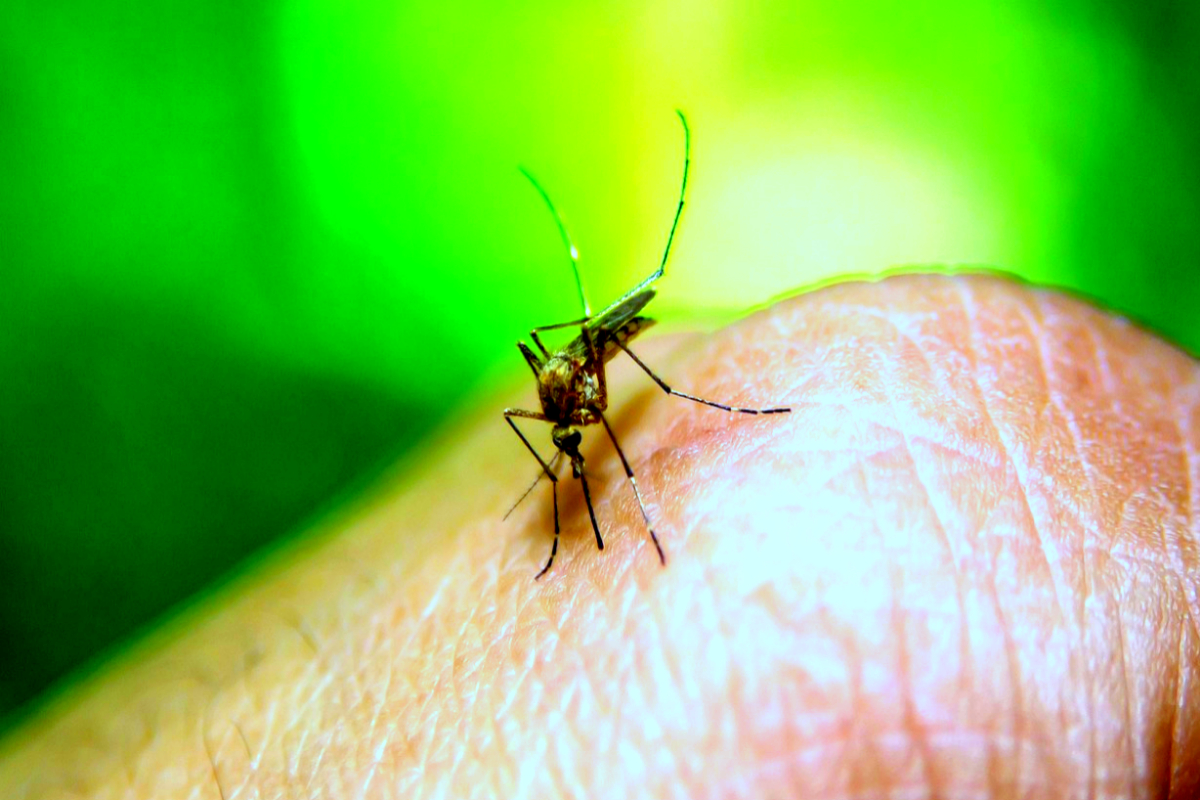Dengue, also known as break-bone fever, is a viral infection that spreads through mosquitoes. The mosquito-transmitted disease prevails in the tropical and sub-tropical zones. Pakistan, being in the subtropical vicinity, appears as a breeding ground for Dengue.
According to the past reports of the World Health Organization, Dengue is endemic to Pakistan as the cases are reported throughout the year. However, the transmission seems to increase seasonally and the upsurges are mostly associated with post-monsoon conditions.
Dengue can be deadly, especially when a person is infected more than once. Hence, anyone who has been infected by Dengue before should take extra precautions. Some of the symptoms that one needs to beware of include high fever, headache, pain behind eyes, muscle and joint pain, nausea, vomiting, swollen glands and rash.
Since the infection is also accompanied by thinning of blood, caused by low platelet count, one should be very careful with even over-the-counter medicines without doctor’s prescription; these medicines may severely complicate one’s condition by further thinning out blood.
As a Pakistani, being vulnerable to this viral disease and its lethality, one must be informed about major ways to prevent Dengue. Some of the steps that can be taken include the appropriate use of mosquito repellent, wearing clothes that fully protect the body, taking steps to control mosquitoes, eliminating stagnant water as a breeding ground and avoiding areas or peak hours associated with Dengue.
[embedpost slug=”pma-expresses-concern-on-dengue-related-14-deaths-in-turbat/”]














